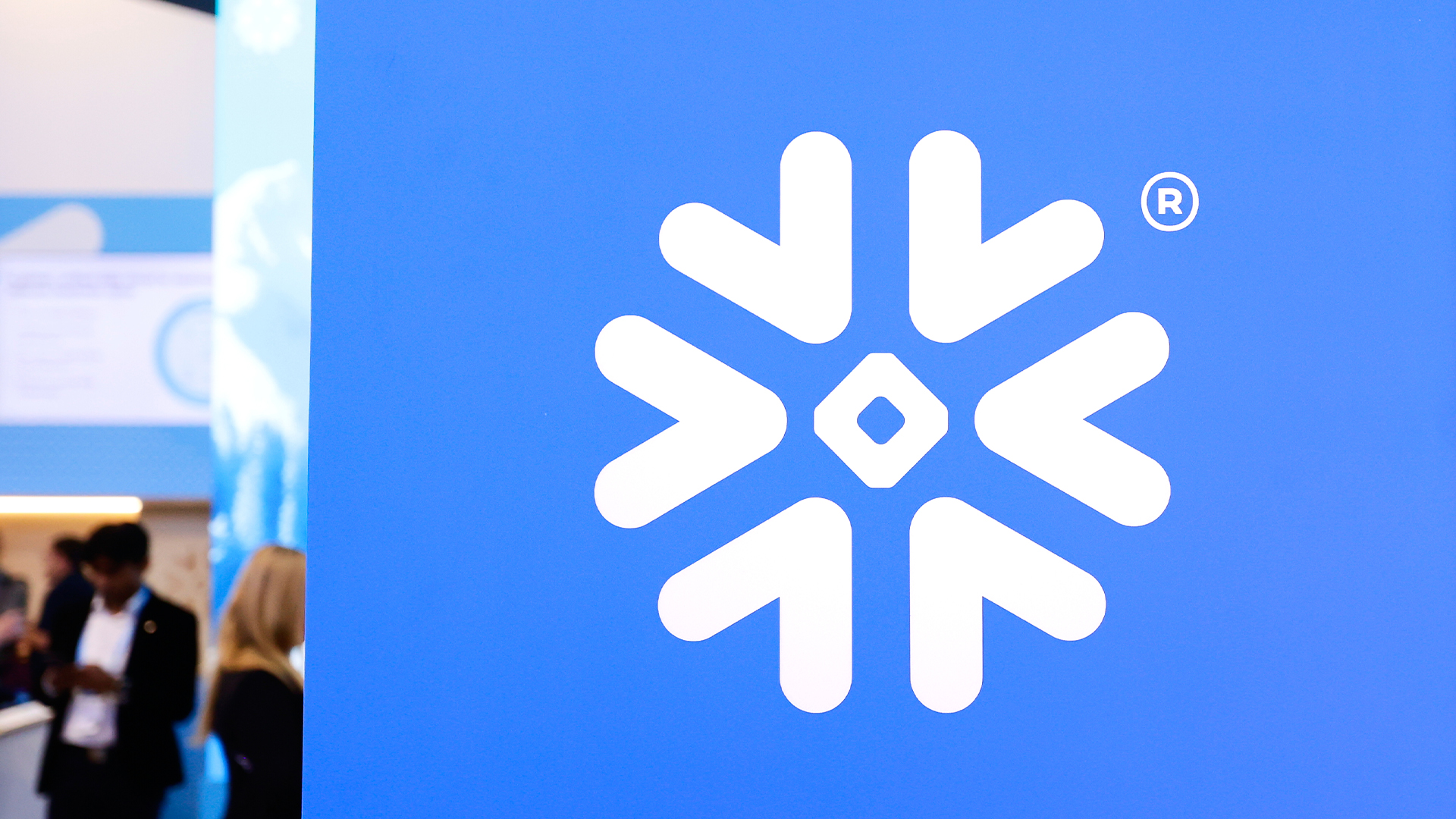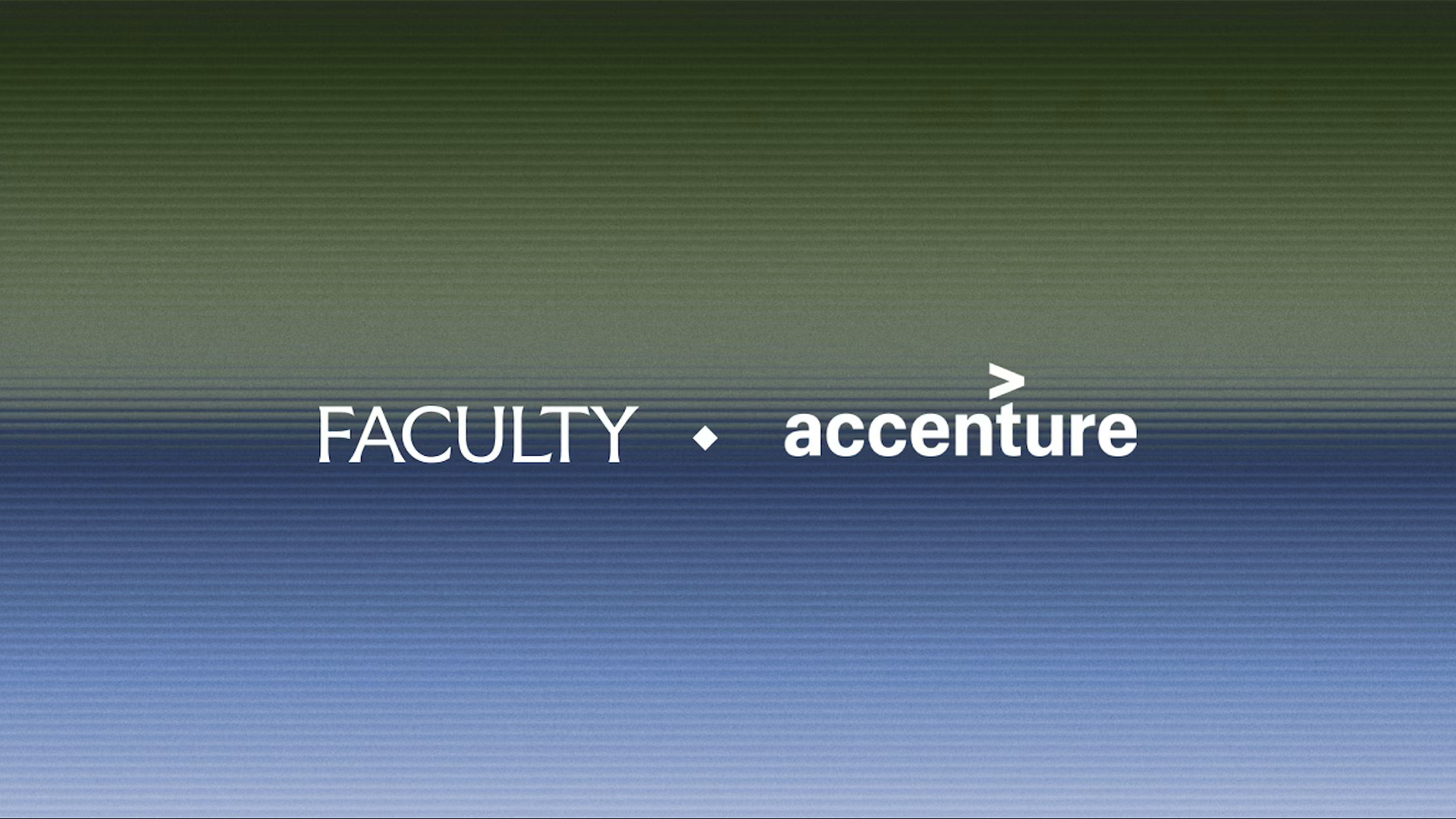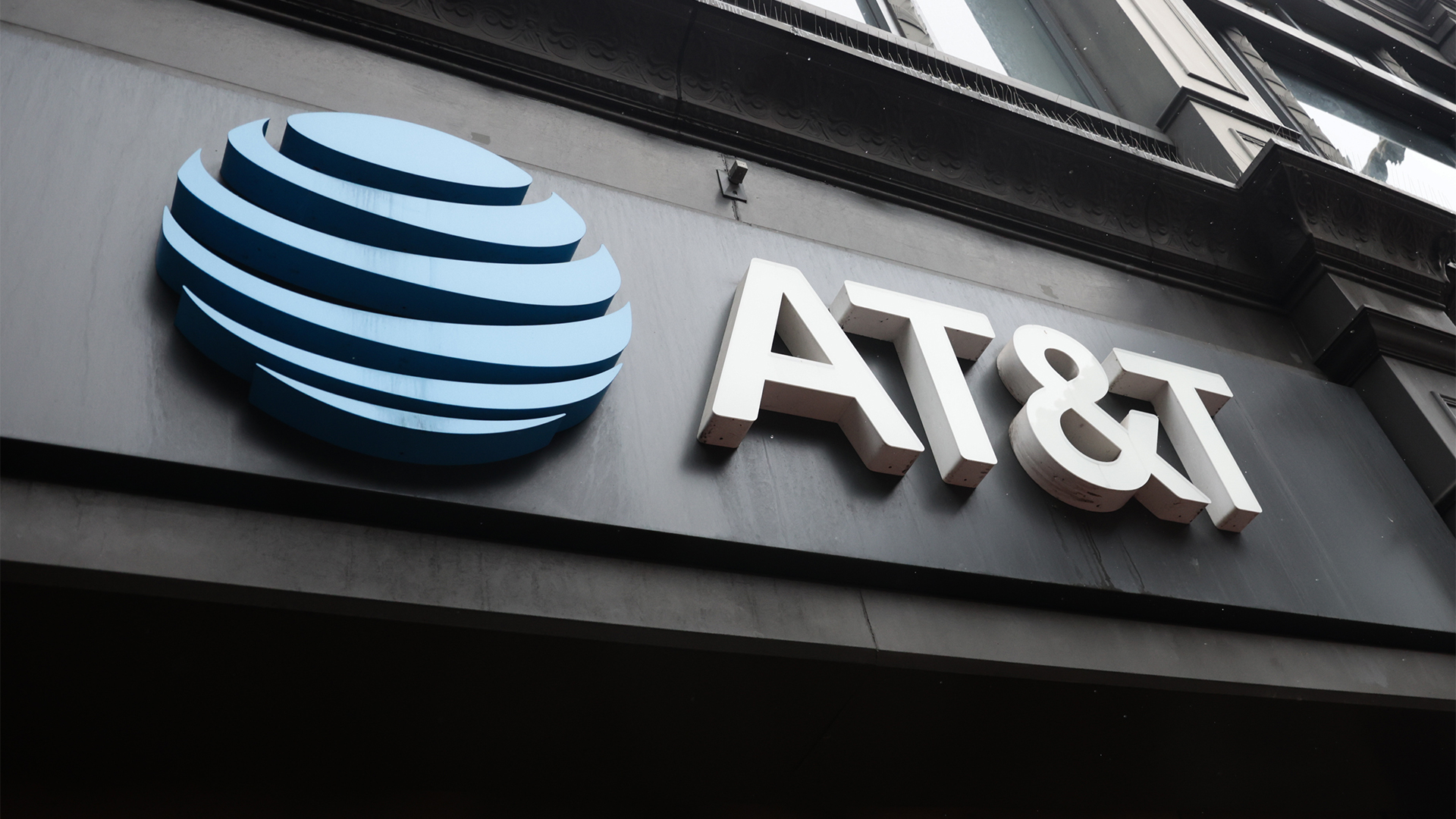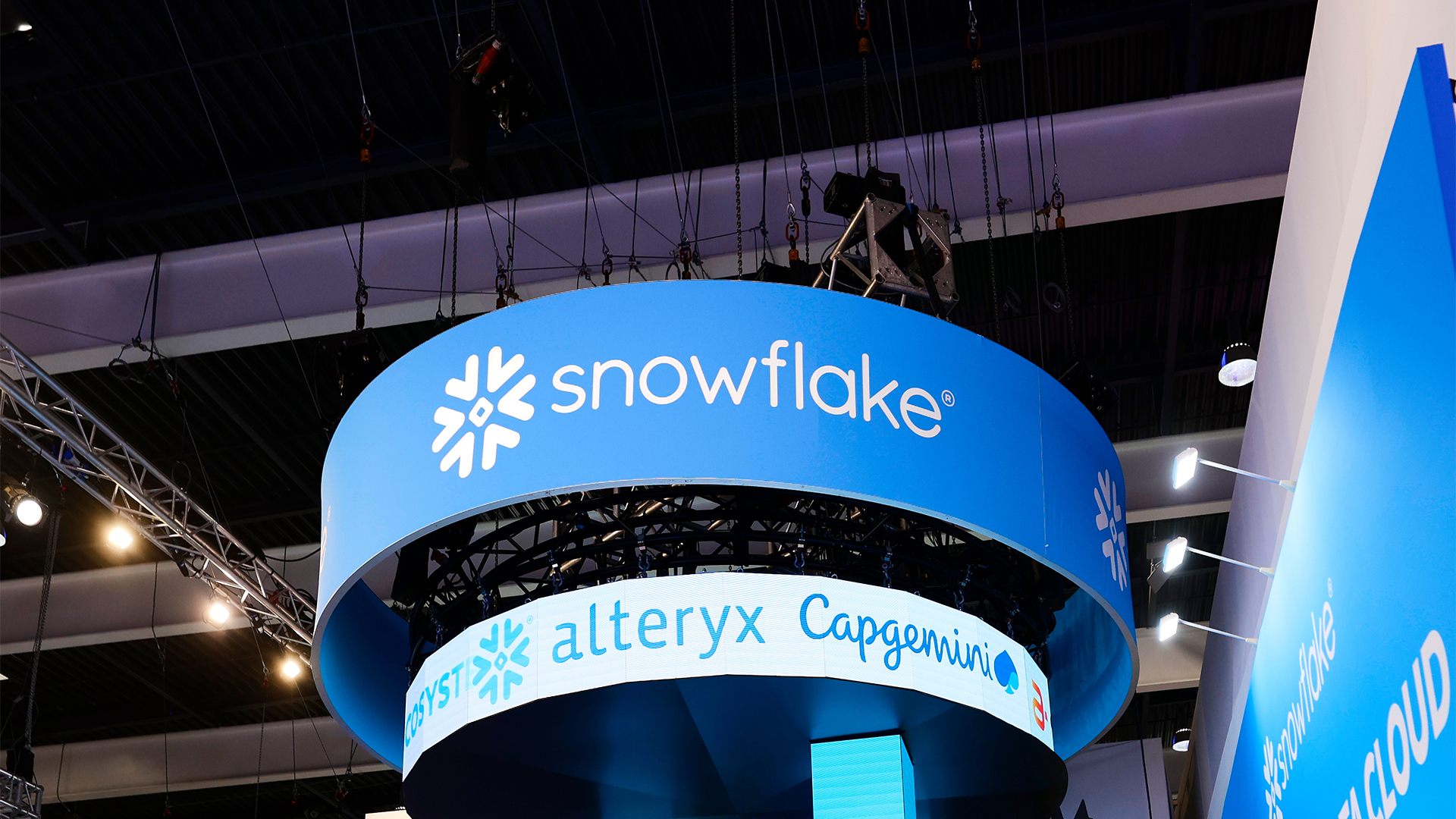New Snowflake security policies mean admins can now enforce mandatory MFA
The changes come two months after a major breach affected dozens of Snowflake customers


Snowflake has announced it will allow admins to enforce multi-factor authentication (MFA) for all users in the wake of the disastrous data breach in May.
In an advisory to customers, Snowflake CISO Brad Jones said MFA will now be enabled by default for new accounts, and the new security policy will give admins the power to impose mandatory MFA practices.
The changes will also include new prompts for users on the Snowsight platform to enable MFA in a bid to drive adoption, Jones said.
“We’re taking steps to promote individual compliance for Snowflake users,” he said. “Starting today, when users without MFA log on to Snowsight, they will be prompted to enable MFA and guided through the configuration steps”.
This prompt can be dismissed, Jones noted, but will reappear within three days if MFA still hasn’t been configured.
Alongside the new policies, Jones confirmed the general availability of the Snowflake Trust Center Security Essentials scanner package. This, he said, will help “mitigate credential theft issues” by confirming whether MFA compliance is being adhered to.
This will also be enabled by default and will be made available to customers free of charge across all Snowflake editions.
Sign up today and you will receive a free copy of our Future Focus 2025 report - the leading guidance on AI, cybersecurity and other IT challenges as per 700+ senior executives
“In addition to checks provided by the Security Essentials scanner package, we are also happy to announce general availability of the Trust Center CIS Benchmarks scanner package, which contains more scanners that evaluate your account against the CIS Snowflake Foundations Benchmark,” Jones added.
“These scanners, for example, can detect overprivileged entities, stale users who have not logged in for the past 90 days, ACCOUNTADMIN grants and more.
“We will continue adding features to the Trust Center to help Snowflake customers better detect threats and attacks against their accounts. We will share more details in upcoming months.”
Snowflake isn’t taking any chances
The update from Snowflake follows a lengthy investigation into a highly disruptive breach in May which saw more than 100 customers impacted globally.
Snowflake first discovered unauthorized access to user accounts in late May. This allowed threat actors to access demo accounts and customer environments. Several major organizations, including Ticketmaster and Santander, were affected by the breach.
The incident sparked a major war of words between Snowflake and industry stakeholders, with Jones specifically highlighting that the attack targeted users with single-factor authentication on their production environments.
Javvad Malik, lead security awareness advocate at KnowBe4, said the changes are a positive response from the company that will bolster customer security.
RELATED WHITEPAPER

“It’s good to hear that Snowflake is enabling MFA by default. From an account protection perspective, MFA is probably one of the single most effective controls to have in place,” he said.
“Given all the attacks against accounts, including credential stuffing - more organizations should enable MFA by default.”
Malik noted, however, that MFA can only go so far. With threat actors employing increasingly sophisticated social engineering techniques, there is still room for the exploitation of individuals.
“Simply implementing a control like MFA is sometimes not enough. Social engineering can still bypass the best of controls,” he said.
“Therefore, a strong security culture needs to be created whereby people understand the importance of MFA and how to ensure they are using it correctly. Only through a unified approach of people, processes, and technology can we build organizations which are resilient to attacks."

Ross Kelly is ITPro's News & Analysis Editor, responsible for leading the brand's news output and in-depth reporting on the latest stories from across the business technology landscape. Ross was previously a Staff Writer, during which time he developed a keen interest in cyber security, business leadership, and emerging technologies.
He graduated from Edinburgh Napier University in 2016 with a BA (Hons) in Journalism, and joined ITPro in 2022 after four years working in technology conference research.
For news pitches, you can contact Ross at ross.kelly@futurenet.com, or on Twitter and LinkedIn.
-
 AWS just quietly increased EC2 Capacity Block prices – here's what you need to know
AWS just quietly increased EC2 Capacity Block prices – here's what you need to knowNews The AWS price increases mean booking GPU capacity in advance just got more expensive
-
 Accenture acquires Faculty, poaches CEO in bid to drive client AI adoption
Accenture acquires Faculty, poaches CEO in bid to drive client AI adoptionNews The Faculty acquisition will help Accenture streamline AI adoption processes
-
 Suspect in Snowflake hack arrested in Canada
Suspect in Snowflake hack arrested in CanadaNews Alexander 'Connor' Moucka is believed to be a prominent figure in the hacking group behind breaches at 165 companies
-
 AT&T hacker says firm paid nearly $400,000 to have stolen data deleted
AT&T hacker says firm paid nearly $400,000 to have stolen data deletedNews The move by AT&T comes after a data breach exposed "nearly all" of the telecoms giant's 100 million customers
-
 With hundreds of Snowflake credentials published on the dark web, it’s time for enterprises to get MFA in order
With hundreds of Snowflake credentials published on the dark web, it’s time for enterprises to get MFA in orderNews The recent Snowflake debacle highlights the need for more stringent enterprise MFA practices
-
 Snowflake data breach claims spark war of words over culpability
Snowflake data breach claims spark war of words over culpabilityNews Snowflake CISO Brad Jones hit back at claims the Ticketmaster and Santander data breaches were caused by platform vulnerabilities